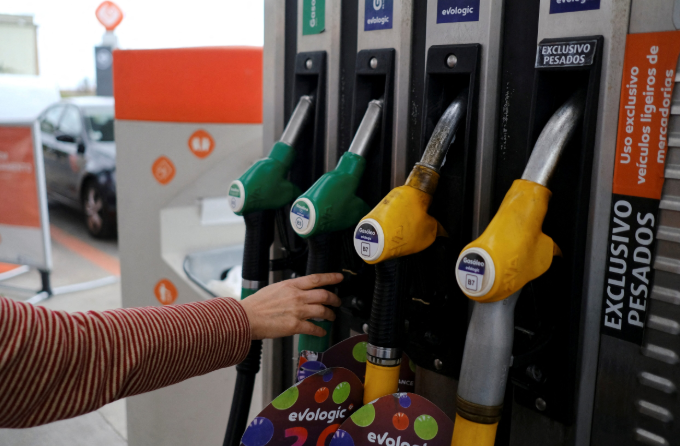Ministry of Trade and Industry vows to assess the situation amid rising fuel costs
SINGAPORE – The Government will conduct a review of the fuel retail market to explore potential measures to alleviate the rising pressure on fuel prices, Minister of State for Trade and Industry Low Yen Ling announced in Parliament on Tuesday (July 5). This move comes in response to growing concerns over soaring fuel prices, exacerbated by global economic conditions.
In her statement, Ms Low assured that the Government would continue monitoring the situation and would take further action if needed. “We will not hesitate to provide more assistance if required,” she added.
The review will investigate the impact of global developments and the pricing practices of Singapore’s fuel retail operators. To support this, the Competition and Consumer Commission of Singapore (CCCS) has engaged with retail fuel operators to gather data on fuel price movements.
Fuel prices have surged recently, driven by higher global demand for crude oil as economies reopen and supply disruptions caused by sanctions on Russia. Additionally, years of underinvestment in fossil fuel production have contributed to the rise. On Tuesday, the price of 95-octane petrol ranged from S$3.31 to S$3.35 per litre, up from below S$3 in early March, following Russia’s invasion of Ukraine.
In response to the escalating costs, Deputy Prime Minister Lawrence Wong announced support measures for self-employed individuals dependent on vehicles, including a one-time relief payment in August for taxi and private hire car drivers. Other categories, such as delivery drivers and motorcycle riders, are also eligible for financial relief.
While the Government has been considering various ways to assist, Ms Low explained that regulating or capping petrol and diesel prices could distort the market and disproportionately benefit car owners, particularly those who consume more fuel. Instead, the focus is on ensuring a competitive fuel retail market.
The CCCS continues to monitor the market closely and will investigate any potential anti-competitive behaviour. Enforcement actions will be taken where necessary, Ms Low affirmed, encouraging consumers to use the Fuel Kaki website to compare fuel prices across retailers, taking into account available discounts and rebates.
Regarding suggestions for the establishment of a cooperative to supply fuel at lower prices, Ms Low noted that such initiatives would need to comply with environmental, fire safety, and other regulatory requirements, and would be subject to competitive tender processes. Cooperatives may only secure lower-cost supplies if they are able to meet these conditions.








